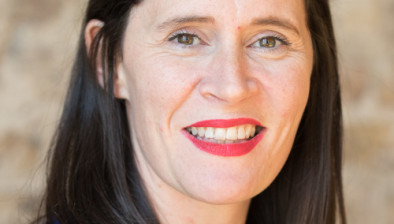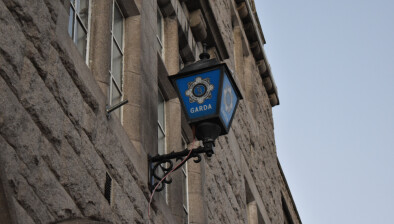Ban on over-35s becoming gardaí ruled unlawful

Sinéad Gibney
A ban on over-35s applying to become gardaí is discriminatory and unlawful, the Workplace Relations Commission has ruled.
Two men who were refused entry to An Garda Síochána on the basis of their age challenged the relevant regulations with support from the Irish Human Rights and Equality Commission (IHREC).
The rulings for Brian Fitzpatrick and Ronald Boyle have taken almost 15 years to secure. The cases were put on hold pending the resolution of judicial review proceedings in the superior courts, and ultimately saw the Supreme Court refer the case to the Court of Justice of the European Union (CJEU).
The CJEU was asked to rule on whether the WRC, as a body tasked with giving effect to EU law, had the authority to disapply Irish law that conflicts with existing EU law. The CJEU’s landmark 2018 ruling that that the WRC did hold such power cleared the way for the two men’s cases to proceed.
The two men had sought to join An Garda Síochána between 2005 and 2007, but were refused entry based on the Garda Síochána (Admission and Appointments) Regulations 1988, which set the upper age limit for entry as a trainee at under 35.
Following their rejection, the men brought complaints before the Equality Tribunal (the predecessor to the WRC) on the basis that the maximum age limit for entry to the Garda Síochána amounted to age discrimination under the Employment Equality Act 1998, which is the national legislation that gives effect to the EU Framework Directive on equal treatment in employment.
The cases centred on whether the Garda Commissioner could show that the application of an upper age limit in the Regulations was justified as a genuine occupational requirement or on the basis of fulfilling a legitimate employment policy under the relevant EU and national law provisions.
The WRC adjudicators found that the age limit applied to the two men’s Garda applications was not proportionate and was discriminatory. The adjudicator found that the Garda Commissioner had not shown that there would be a significant number of members of gardaí unable to perform physically demanding tasks if this upper age limit did not apply. The Garda Commissioner had also not shown that the maximum recruitment age could be justified on the basis of training requirements or the need for a reasonable period of employment before retirement.
The maximum compensation possible under the equality legislation in force at the time was awarded to each man of €12,700 for “the distress suffered as a result of this discrimination”.
IHREC has called on the government to review the age limit to bring it into step with other police forces internationally, including in the UK, and in line with the findings of the Commission on the Future of Policing in Ireland which said the age limit is “outdated and should be scrapped”.
Chief commission Sinéad Gibney said: “Discrimination holds real and significant impacts for people. These two men were arbitrarily denied any prospect of providing service to the State as members of the Garda Síochána due to their age, and their career aspirations subsequently dashed.
“I pay credit to the determination of Brian and Ronald in persevering with their cases despite such a long delay to secure today’s decisions. We hope that their work to secure justice will pave the way in ensuring that others do not suffer this kind of age discrimination when seeking to join the Garda Síochána.
“These cases are also significant for the application of EU equality law rights as the WRC, in these instances, has effectively disapplied national law which does not comply with EU law in line with the important judgment of the European Court delivered in 2018.”










